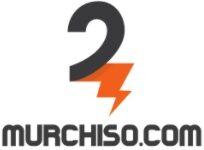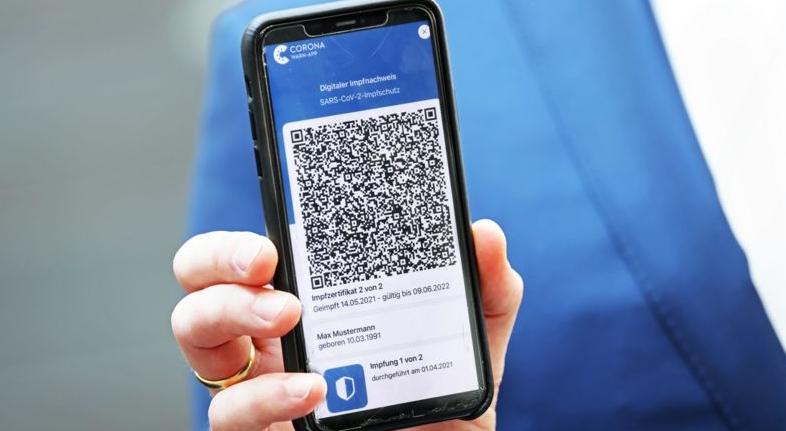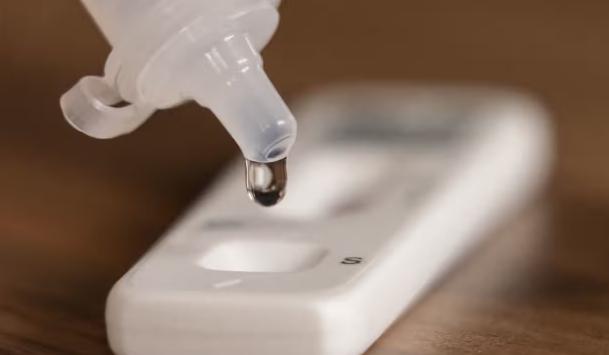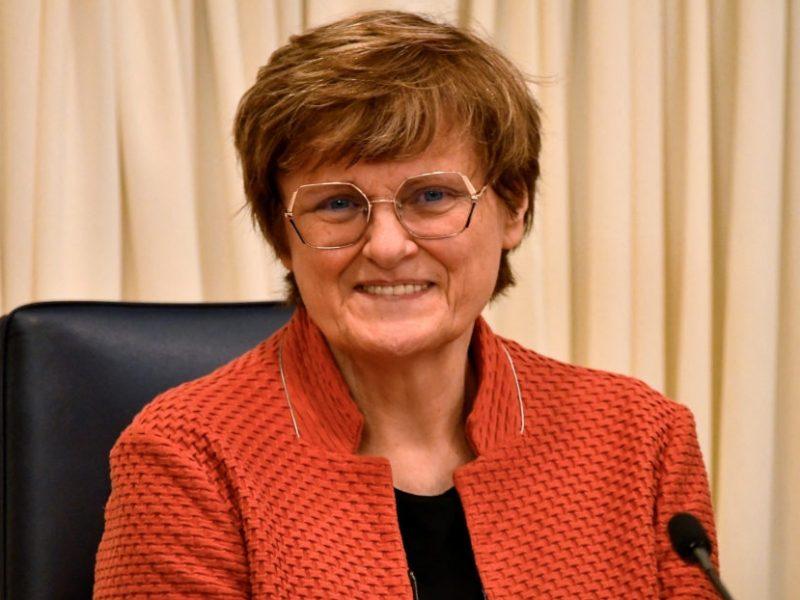A new phase of relaxation of restrictive measures began in some countries around the world on 1 July, but WHO has warned of an increase in coronavirus infections because of the European Football Championship. Meanwhile, Australia and New Zealand are complaining of vaccine shortages and the European Union has launched electronic ‘vaccination passports’.
According to Johns Hopkins University, 182.3 million people have been infected with the coronavirus worldwide to date, with a death toll approaching 4 million.
In total, more than 3.2 billion people have been vaccinated worldwide so far. In some countries, like the UK, half the population has been fully or partially vaccinated. In others (including Russia), vaccination rates are lagging far behind government plans.
1 July as a starting point for EU vaccination passports
On Thursday, vaccination passports officially entered into circulation in the EU. They are a digital certificate (can be printed out if desired), which can indicate not only proof of vaccination but also negative tests for covid or proof that a person has been infected.
Some European countries have long introduced green certificates for internal use in their territories. It is now a single document, valid for any country in the bloc.
E-codes can be obtained by citizens and residents of all 27 EU Member States as well as Iceland, Liechtenstein, Switzerland and Norway. All of these countries recognise the certificates.
With regard to vaccines, only those who have been vaccinated with one of the four products certified by European regulators can obtain certification:
- Pfizer-BioNTech;
- AstraZeneca (AZ), also known as Oxford Vaccine;
- Moderna;
- Janssen, also known as Johnson & Johnson.
- Not a single Russian drug is on this list.
In addition, seven European Union countries – Austria, Germany, Slovenia, Greece, Ireland, Spain and Estonia – have approved entry to their territories for vaccinated with Indian-made vaccines. Iceland and Switzerland, which are not part of the EU, have also recognised Indian vaccines as sufficient protection for those arriving from abroad.
Where restrictions are being relaxed
Turkey is beginning to gradually ease coronavirus restrictions. As of July 1, curfews and Saturday lockdowns are being lifted in the country. Transport restrictions will also be lifted and travel between cities will resume.
Public institutions will return to normal opening hours. Schools and kindergartens will remain closed for some time and hygiene regulations will be tightened in public places, especially markets. The opening of private businesses will be phased in.
New York Mayor Bill de Blasio announced that starting Thursday, the city will begin to return to life as usual after a year and a half of severe restrictions. Shopping malls, gyms and public transport will return to their usual operating schedules. Inside public spaces, the previous requirements of social distancing and wearing masks remain in place. New York City schools and theatres will not open until September.
The USA still leads the world in cases and deaths – more than 33.6 million and 604,700 respectively in the entire pandemic.



